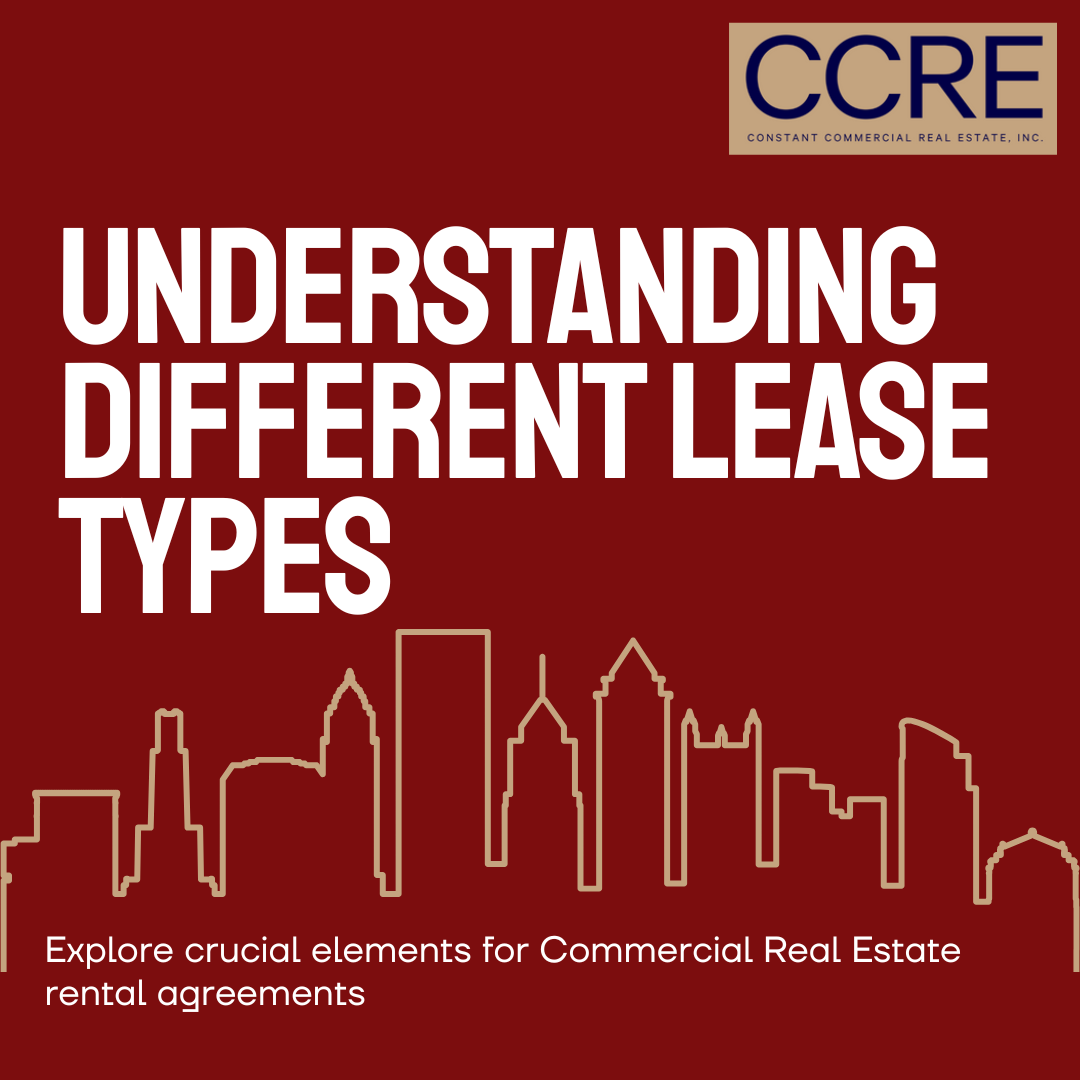Full-Service Oregon Real Estate Brokerage
Constant Commercial Real Estate Inc. is a full service investment real estate firm. We offer real estate brokerage (sales & leasing) services, commercial mortgage brokerage and property management solutions. We specialize in serving private investors and businesses.
We provide a consultative approach offering expertise in acquisitions, dispositions, landlord and tenant representation, financing, property management and capital & equity consulting. Our services encompass all asset classes, including commercial, multifamily and single-family investment properties.
Constant (noun): a quantity or parameter that does not change its value, despite the variables.

Out of State 1031 Exchange
"Constant Commercial Real Estate helped us complete a successful 1031 exchange in May 2024. Cory has fantastic knowledge on local markets and great experience in the multi-family real estate sector. We are very happy with this latest addition to our real estate portfolio and look forward to working with Cory again in the future."
- Vivien T, May 2024
3 Property 1031 Exchange & Financing
"We came to Cory with the goal of scaling up our real estate portfolio and increasing our returns. He assisted us with the consolidation of 3 of our properties (multi & single) into a 24-unit apt building outside of Multnomah County which was one of our requirements. Cory was able to market and sell the properties for list price and within the agreed upon time window for the 1031 exchange. Along the way he advised, problem solved and was a wealth of knowledge to us. Cory also assisted in securing financing for us at a very competitive rate. He truly met AND exceeded our expectations despite this challenging market. Cory is the real deal! We plan to work with him in the years to come and would highly recommend him to anyone looking to elevate their real estate portfolio and increasing our returns."
- Greg & Olga C, 2023
Medical/Office Cash-Out Refinance, Apartment Acquisition & Financing
"Cory Carlson’s expertise has been pivotal in helping me catapult my multi-family/commercial real estate investments. As a dentist working full time and doing real estate on the side he has made it possible to invest efficiently and effectively. First he helped me analyze my current owner-user dental practice building for proper use of my equity. He showed me that with a cash-out refinance at the low rates and longer amortization from current I would be able to use my cash for down payments to purchase one or more large properties.
- Ben W, 2022







